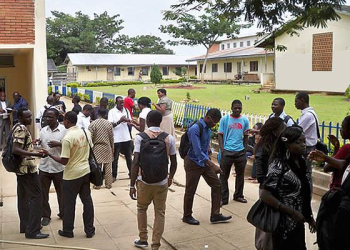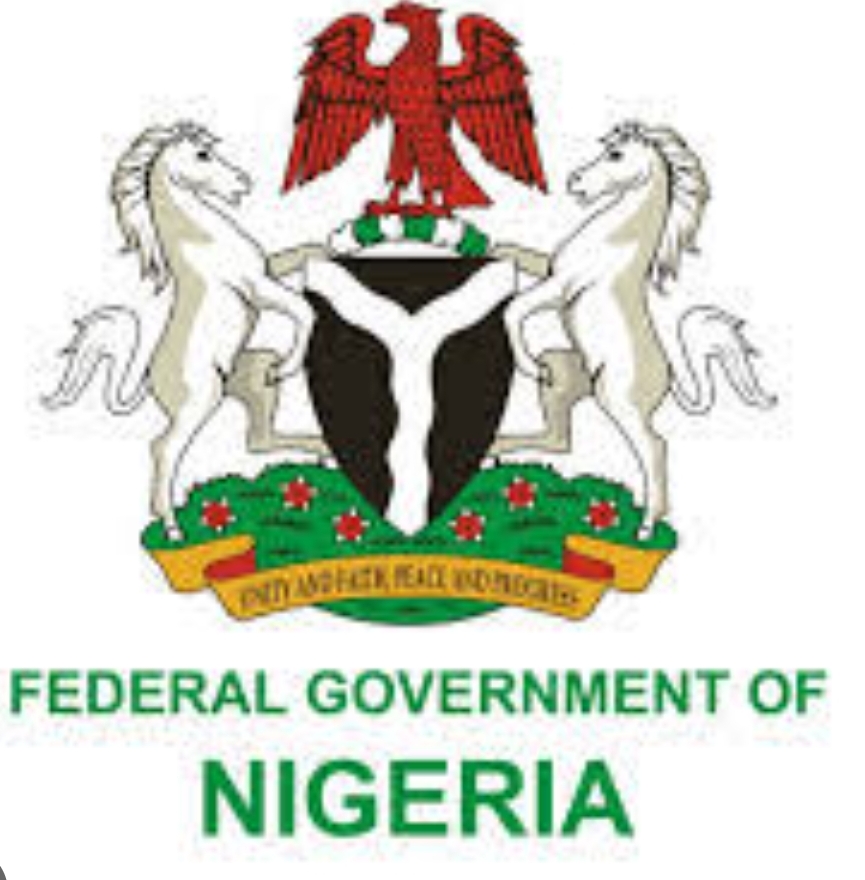Top ten richest African countries has been revealed in this article. The article explores the richest countries in Africa by GDP and their strengths and weaknesses.
Africa is the most resource-rich continent on the planet. Despite its image as the world’s most undeveloped continent, Africa is, without a doubt, the most resource-rich territory on the planet.
While no nation on the continent is among the world’s 30 largest economies, it is essential to explore the richest countries in Africa.
South Africa and the nations of the Maghreb are richer than those of Central and West Africa, with regional discrepancies so great that sub-Saharan Africa and the Maghreb are sometimes analysed individually.
Most of Africa’s natural resources are exported unprocessed via poorly negotiated contracts that are not particularly lucrative for Africans, resulting in a barely beneficial contribution to the economic position of these nations.
Properly exploiting all these resources, implementing sound economic policies, and equitable profit distribution will undoubtedly alleviate Africa’s poverty.
Considering GDP statistics from the IMF, the universally approved regulator of the world’s monetary system, the following are the richest countries in Africa.
1. NIGERIA: GDP: $504.2 billion
With a nominal GDP of $504.2 billion, Nigeria is the richest country in Africa due to its human potential, abundance of natural resources, and its GDP in purchasing power parity of $1.3 billion, which is the second largest on the continent.
Despite a per capita gross domestic product far below pre-independence levels, Nigeria remains the continent’s most populous and main oil producer.
Although Nigeria is Africa’s strongest economic power, its economic structure is akin to that of many other nations on the continent. Two-thirds of the population now live below the absolute poverty level of $1 per day, up from 43% in 1985.
Most of Nigeria’s economic advancement is concentrated in the south, while the centre and north are less developed, with the majority of economic activity occurring in the coastal zone, particularly around Lagos.
Did you know?
Nigeria is so wealthy that it’s richest state and economic capital, Lagos, would have been Africa’s 5th largest economy had it been a sovereign nation.
Since 2008, the government has shown a readiness to embrace the economic changes advised by the International Monetary Fund, of which Nigeria is a member, in order to preserve its position as the richest country in West Africa and the Sahel region.
These changes include modernising the financial system, regulating salary demands to reduce inflation, and addressing regional conflicts over ownership of the clothing industry’s revenues.
Nigeria is a member of OPEC and the World Bank, but its 121st ranking out of 180 nations on Transparency International’s 2008 Corruption Perceptions Index severely tarnishes its reputation as Africa’s first superpower.
2. EGYPT — GDP: $469.1billion
Occupying northeast Africa and divided by the lush Nile River Valley, Egypt is the leading economic force on the African continent in terms of GDP PPP and the second richest country in Africa. Its economy was largely centralised under President Gamal Abdel Nasser, but it was liberalised under Presidents Anwar Sadat and Hosni Mubarak due to tough reforms.
3. SOUTH AFRICA — GDP: $411.5 billion
South Africa, the most industrialised and technologically sophisticated nation on the continent, is the third richest country in Africa. It features a two-speed economy, with one sector on par with industrialised nations and another in severe need of basic infrastructure.
4. ALGERIA — GDP: $187.1billion
Algeria is one of the continent’s primary oil and gas producers, the continent’s third economic power in terms of GDP PPP, and the fourth richest country in Africa. Like many OPEC countries, Algeria is extremely reliant on its oil exports and worldwide market volatility.
5. MOROCCO — GDP: $142.9billion
The Kingdom of Morocco is a market economy that has developed at an average annual rate of 4% over the previous decade, with a projected GDP of $142.9 billion in 2022, making it the fifth richest country in Africa.
6. ANGOLA — GDP: $124.8billion
With an economy highly reliant on the extraction and sale of natural commodities such as oil and minerals, Angola is the sixth richest country in Africa. Despite four decades of independence and civil conflicts, economic development skyrocketed between 2002 and 2016, averaging 9% in the period leading up to 2008.
7. KENYA — GDP: $114.9billion
Kenya, the only lower-middle-income nation in East Africa according to the World Bank, is the seventh richest country in Africa. The government maintains an open foreign economic exchange system and a market economy with a few state-owned firms.
8. ETHIOPIA — GDP: $111.2billion
With one of the highest GDP growth rates in the world, at over 10 per cent per year, Ethiopia is the eighth richest country in Africa. Its remarkable GDP growth has allowed a substantial section of the population to transcend severe poverty, dropping from 55.5% in 1999 to 26.7% in 2016 (threshold: $1.90).
9. TANZANIA — GDP: $76.6billion
A country heavily reliant on agricultural processing and certain consumer goods, Tanzania is the ninth richest country in Africa. Agriculture accounts for a quarter of the country’s gross domestic output, employs around 80% of the labour force, and accounts for approximately 85% of exports.
10. GHANA — GDP: $76billion
Ghana, a prominent petroleum and natural gas producer with the sixth-largest crude oil reserves in Africa and the twenty-fifth-largest in the world, is the tenth-richest country in Africa.
Ghana has poultry, fish, and beef, but agriculture, particularly cocoa and gold, contributes about half of the country’s gross domestic product.









